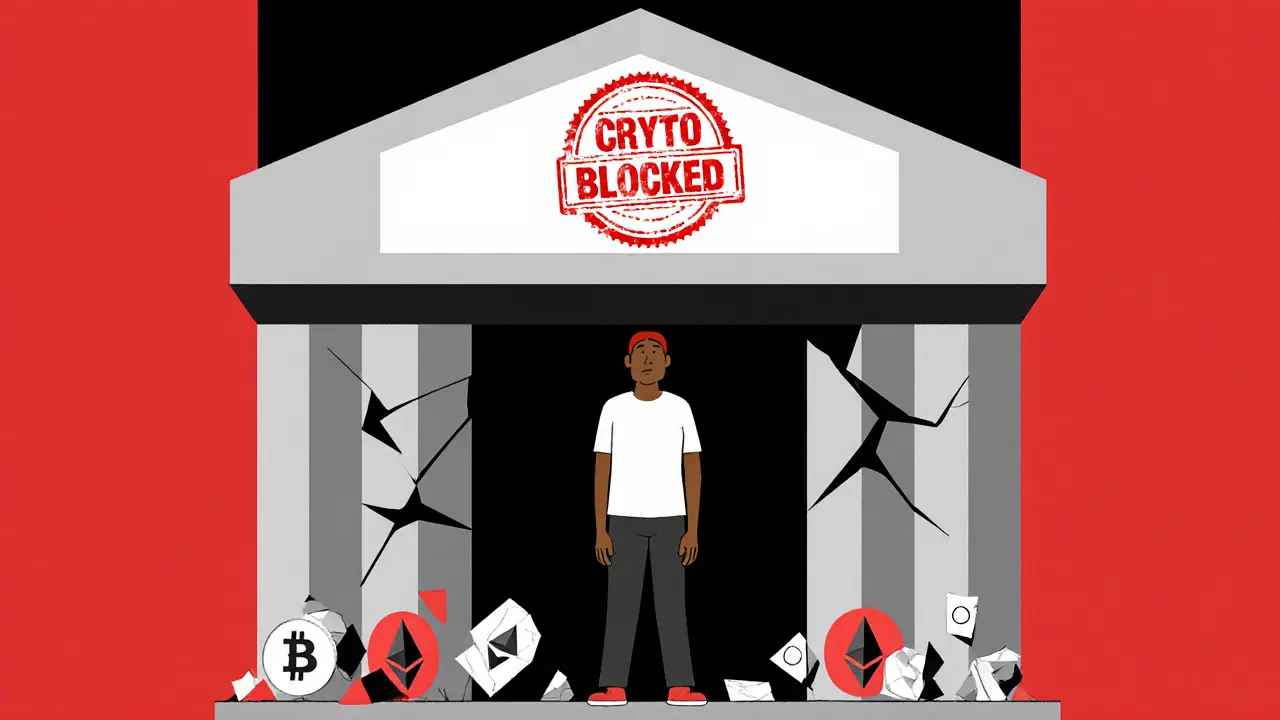Crypto-Friendly Banks: Where to Hold Crypto Without Getting Shut Down
When you trade crypto, you need a bank that won’t freeze your account the moment you deposit ETH or BTC. That’s where crypto-friendly banks, financial institutions that allow customers to move money between digital assets and traditional currency without suspicion or restrictions. Also known as crypto-tolerant banks, they’re rare but essential for anyone who wants to cash out profits or fund trades without jumping through legal hoops. Most traditional banks still treat crypto like a red flag—automatically flagging transfers, demanding proof of source, or outright closing accounts. But a few institutions have adapted, recognizing that crypto isn’t going away and that customers need safe, legal pathways to convert between fiat and tokens.
This shift isn’t just about customer service—it’s about regulation. Countries like Singapore, Switzerland, and parts of the U.S. now have clear rules for regulated crypto exchanges, platforms licensed to operate legally under national financial authorities, and banks that work with them get to offer fiat on-ramp, services that let users buy crypto with bank transfers or debit cards without violating anti-money laundering laws. These banks don’t just tolerate crypto—they build systems around it. Think of them as the missing link between your wallet and your paycheck. Without them, you’re stuck using peer-to-peer platforms, risky third-party processors, or over-the-counter desks that charge insane fees.
But here’s the catch: even the best crypto-friendly banks won’t touch shady projects. If you’re trying to move funds from a scam token like Global Token (GBL) or a dead exchange like XeggeX, they’ll shut you down faster than a meme coin with no liquidity. That’s why the real value isn’t just in finding a bank that says yes—it’s in knowing which crypto activities they’ll accept. They want verified users, clean transaction histories, and projects with real development. That’s why posts on this page cover everything from how to avoid JPEX-style scams to why Qatar bans crypto trading but still allows tokenized real estate. You’re not just looking for a bank—you’re learning how to stay on the right side of finance.
Below, you’ll find real-world reviews of platforms and scams that test the limits of what banks will allow. Some explain how to qualify for a license in Pakistan under PVARA. Others warn you about fake airdrops that get your bank account flagged. There’s no fluff here—just what actually works, what gets you banned, and how to keep your money moving without the drama.
Banking Access for Crypto Traders by Country: Where It’s Easy vs. Blocked in 2025
In 2025, banking access for crypto traders varies wildly by country. Some nations block it entirely, while others offer clear paths to legal, stable accounts. Here’s where you can bank-and where you can’t.
learn more